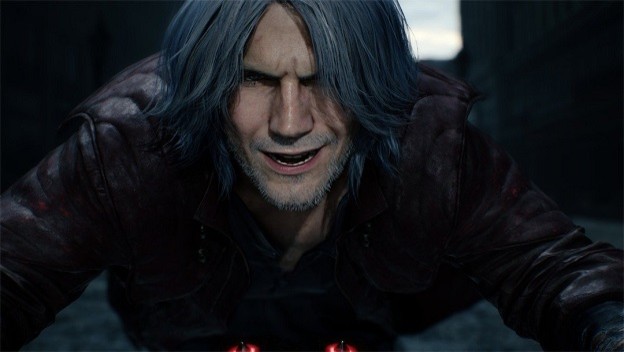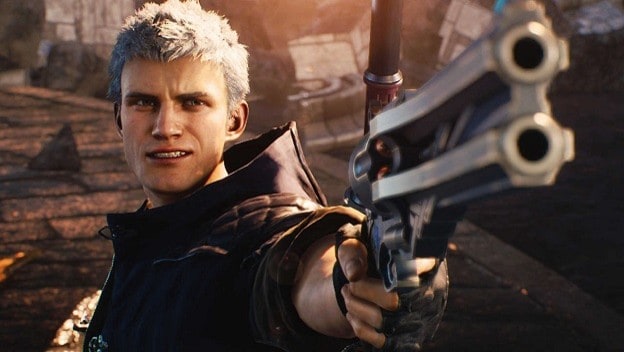It is exciting that Devil May Cry 5 is coming out. It’s the next game in the franchise and fans have been waiting quite a while for this entry to come out. Some of us even lost hope. Initial trailers look incredible, and it seems like the tone of the game will be consistent with what we have all come to love about Dante and his adventures. The only problem is that microtransactions have potentially infected a game that just doesn’t gel with the practice. This also happened with the special edition of Devil May Cry 4, so I guess there’s proof that this works out, but that’s more in the case of the developer. For a portion of the player base, this is a slap in the face.
The reason given is that microtransactions will give players options. If they want, they can increase the rate of their progress by spending real life money. There is nothing novel about that explanation, and it is a practice that we are all accustomed to in games. While it may speed up a game like Devil May Cry 5 , it is usually as a result of slowing down the rest of it. The excuse rings hollow.
Devil May Cry gameplay has always been fast and frenetic. Dante and other player characters are nimble, overpowered badasses who primarily fight multiple enemies at once, juggling them about with relative ease. A combo meter, complete with multipliers, increases, and that factors into the player’s final ranking for the stage. Extra moves and abilities help with these combos and they are purchased with something called red orbs. And now, red orbs can be purchased with real life money.
Devil May Cry 5 ’s stronger abilities will be more expensive, while a wealth of useful, but simple additions to the moveset will be similar to cheap, impulse buys. It feels sinister, goading people into a satisfying power increase that changes the flow of the game and messes with the overall learning curve. I haven’t played the game yet, but this also comes with the potential of diminishing the value of the game experience by allowing players to get too strong too soon, leading to a stagnant feeling.
Yes, this will come down to player choice, but as we’ve seen in the past, some people have bad habits. If this was really about player options and not just making money, then developers could always introduce the use of cheat codes, which used to be the way this kind of thing was handled.

Hopefully, Devil May Cry 5 doesn’t feel like too much of a grind. But the other takeaway is that it makes the game feel corporate, when Dante and the action has always felt like a hybrid of punk rock and heavy metal. I’m not under the delusion that these weren’t profitable genres of music, but at least we could pretend that it was more about an ethos and fandom, since nobody was reminding us that they want to make more and more money off of us. I can’t imagine Dante paying for microtransactions.
In the end, players are going to do what players want to do. If they didn’t have an interest in microtransactions, then companies wouldn’t include them. But that interest and behavior is a result of constant encouragement by the publishers, and the ability to increase revenue is a factor in a game’s design. Incentive is important and that notion will sometimes take priority over the overall quality of the game. There’s no world where this makes sense for the quality of the experience, and I hope that one day gamers can do something to stop this. This practice is getting out of hand, and microtransaction in Devil May Cry 5 is a step too far. It’s absurd.
